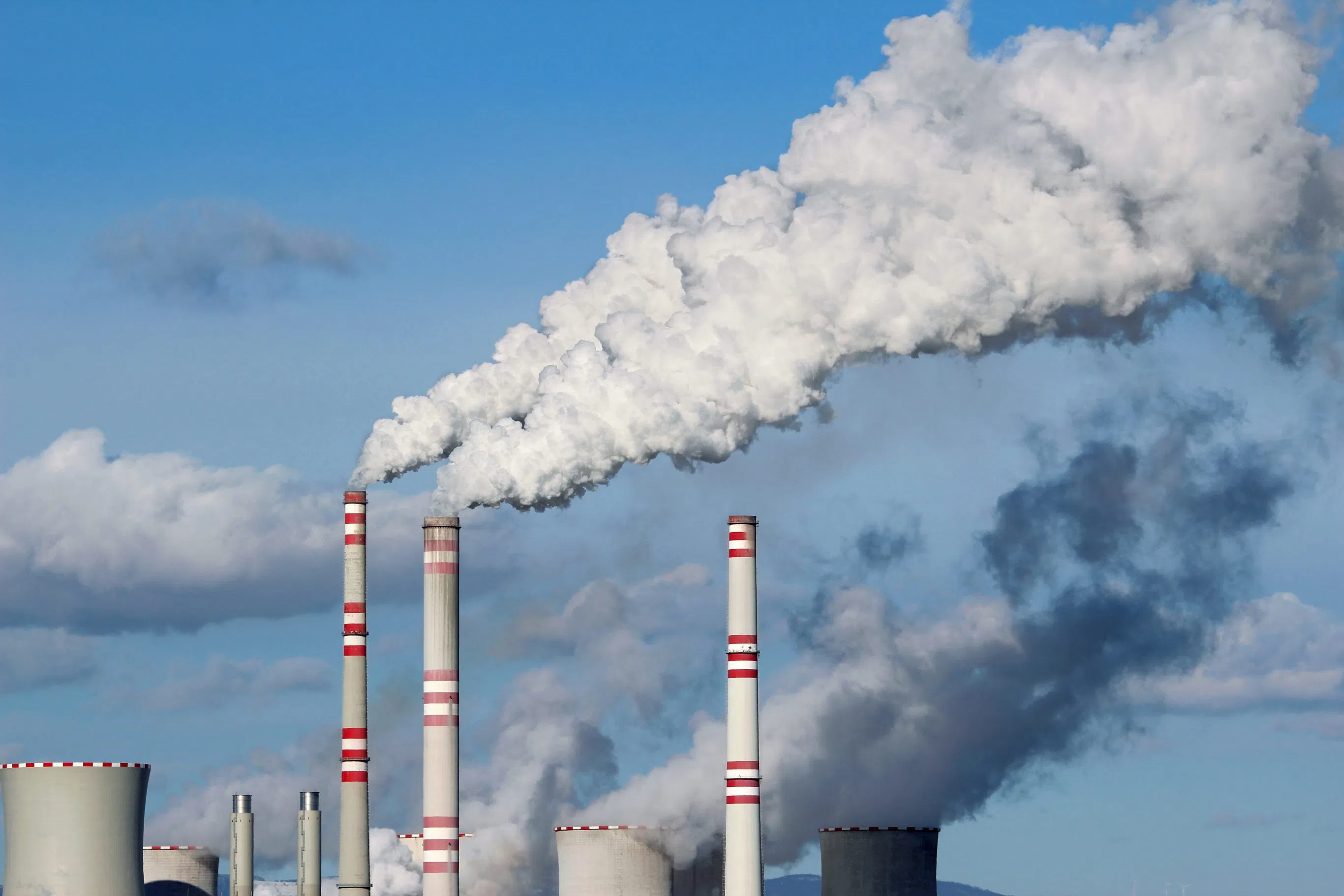
Huge white smoke from coal power plant
Researchers are out with new findings they say show that death rates linked to air pollution from coal plants are underestimated.
A Wisconsin environmental group hopes the study compels quicker action to cut harmful emissions. The study, led by experts at a handful of U.S. universities, found that over the past two decades, there were 460,000 premature deaths associated with fine particulate matter sent into the air from coal-fired power plants. That’s more than what health and scientific communities had previously thought.
Ciaran Gallagher, energy and air manager with the group Clean Wisconsin, believes while coal facilities are being phased out, utilities and policymakers should speed up the energy transition.
“A lot of wind and solar is being added to the electricity grid every day, which is really exciting to see in Wisconsin and across the Midwest, and it just needs to ramp up faster, ” Gallagher said.
Utilities around the U.S. have announced emissions goals, although some companies contend certain fossil fuels can’t be completely put to rest right away because of electricity demands while cleaner sources are added. But Gallagher said the regulatory scene in states like Wisconsin makes it easier for utilities to move the goalposts. She’s hopeful stricter standards being weighed by the federal EPA will prompt stronger commitments.
Gallagher has analyzed the proposed regulations and says for Wisconsin, they could result in nearly $50 million in broader health benefits by reducing the impact of respiratory illnesses and cardiovascular disease.
As she put it, “$50 million is a massive benefit for Wisconsinites to see in health benefits from the closed coal plants in our state.”
Gallagher said the new study might mean the health benefits could be even higher.
Federal data show coal contributed to 36% of Wisconsin’s electricity generation in 2022, down from more than half as recently as 2018. Meanwhile, study authors show the rate of deaths from coal pollution began to slow as more plants were being shut down.










